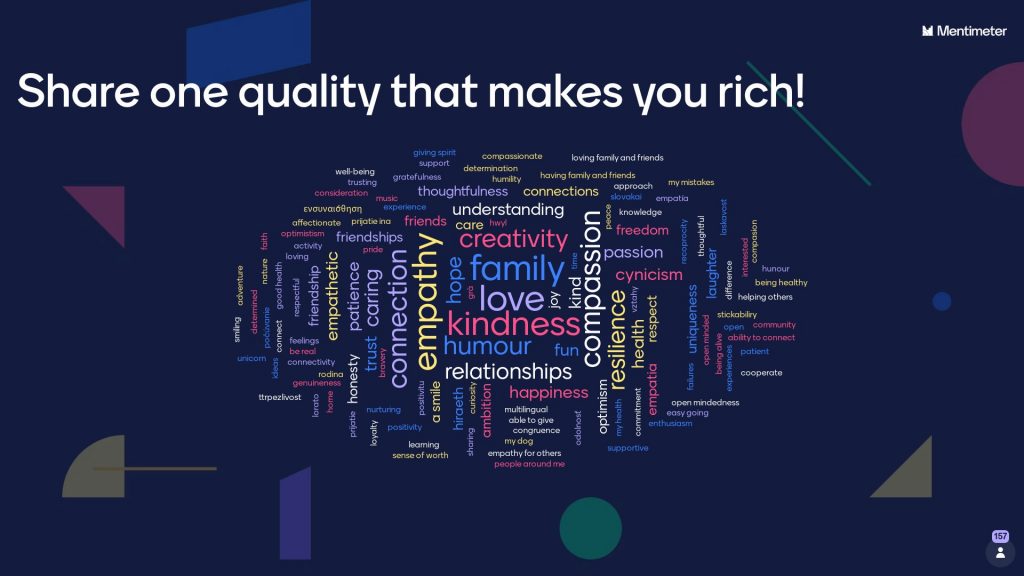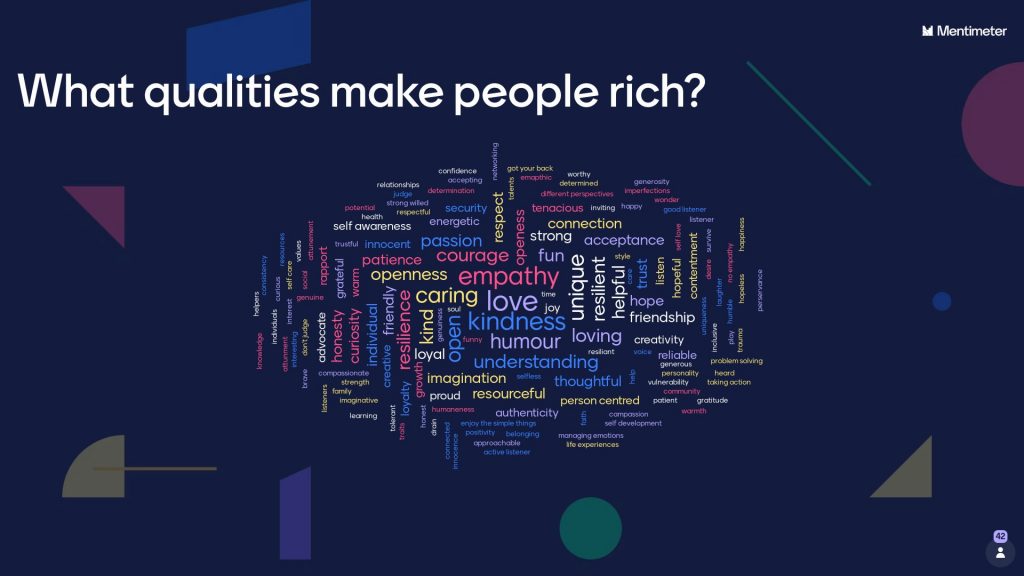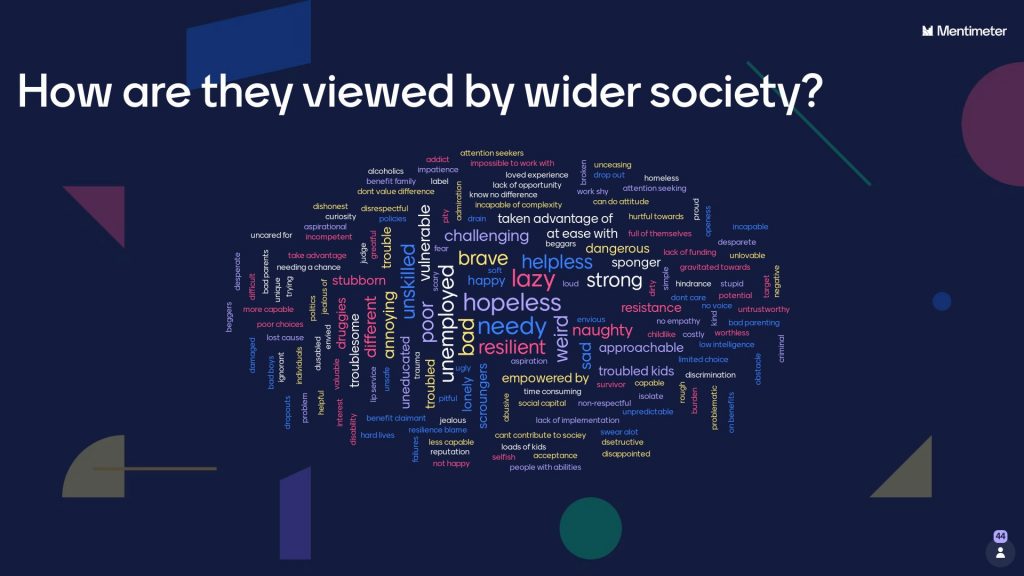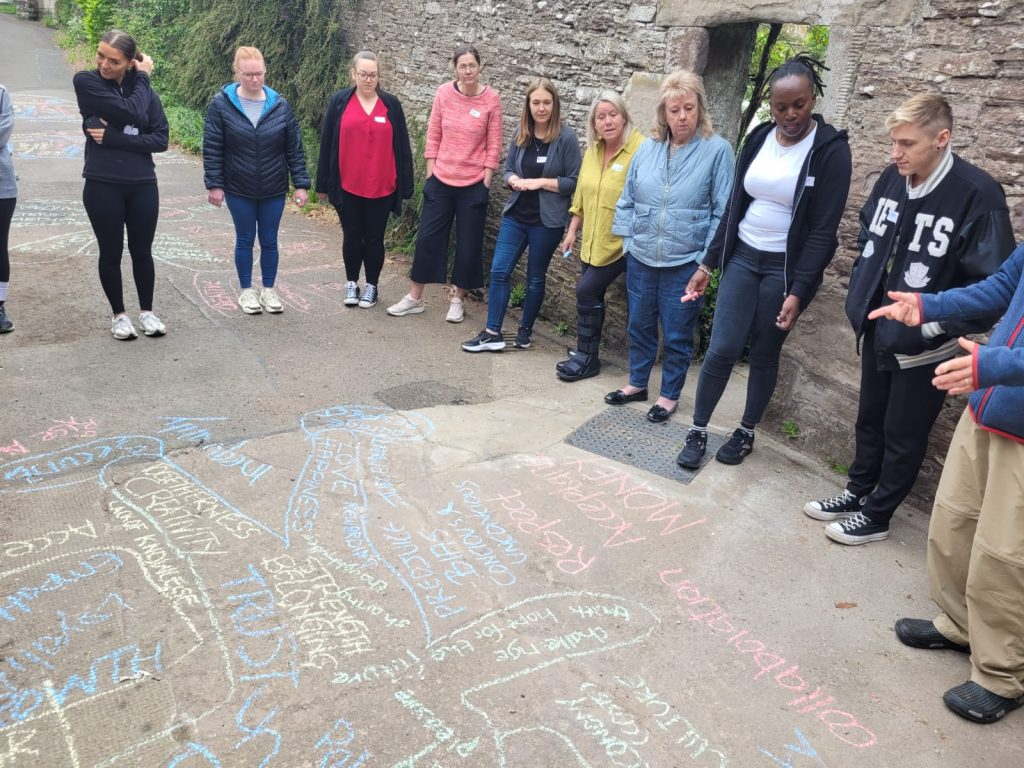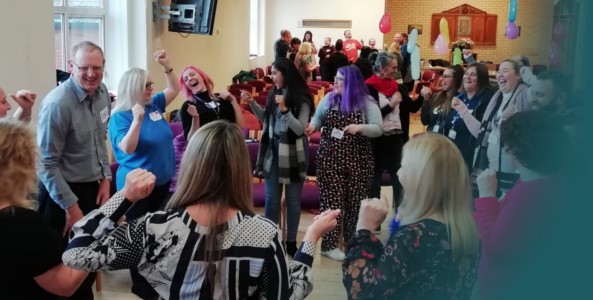We’re excited to share that the Social Pedagogy Professional Association has formally endorsed our new Social Pedagogy Practice learning programme. Combining our online course on Developing Relationship-Centred Practice and our MOOC on Social Pedagogy across Europe with team development training and ongoing peer learning, the new learning programme is designed to embed social pedagogy within frontline practice and throughout organisations. It is aligned with the SPPA Social Pedagogy Charter and Standards, meaning that graduates will gain the title of Social Pedagogy Practitioner.
We have developed the Social Pedagogy Practice learning programme with the National House Project, a brilliant charity that provides support and expertise to local authorities across the UK to set up and manage Local House Projects so that young people leave care in a planned and supported way. This learning programme will create a recognisable bespoke CPD programme for house project staff that is carefully integrated into their practice to ensure that all learning is genuinely relevant and directly benefits the care experienced young people they support. The programme will deepen learners’ understanding of how social pedagogy can provide a shared ethical purpose, unleash their creative potential and further strengthen the amazing practice across house projects.
By combining a range of learning elements that offer many different complementary learning experiences – both online and face-to-face, both individually and in groups, both house project specific and across various practice contexts – the learning programme aims to create enjoyable, meaningful and rewarding learning experiences that help people grow not just as practitioners but as human beings.
We’ll share more insights about the learning programme as this unfolds and are happy to explore opportunities to develop a similar approach with other organisations. Just contact us at dialogue@thempra.org.uk for a conversation.

